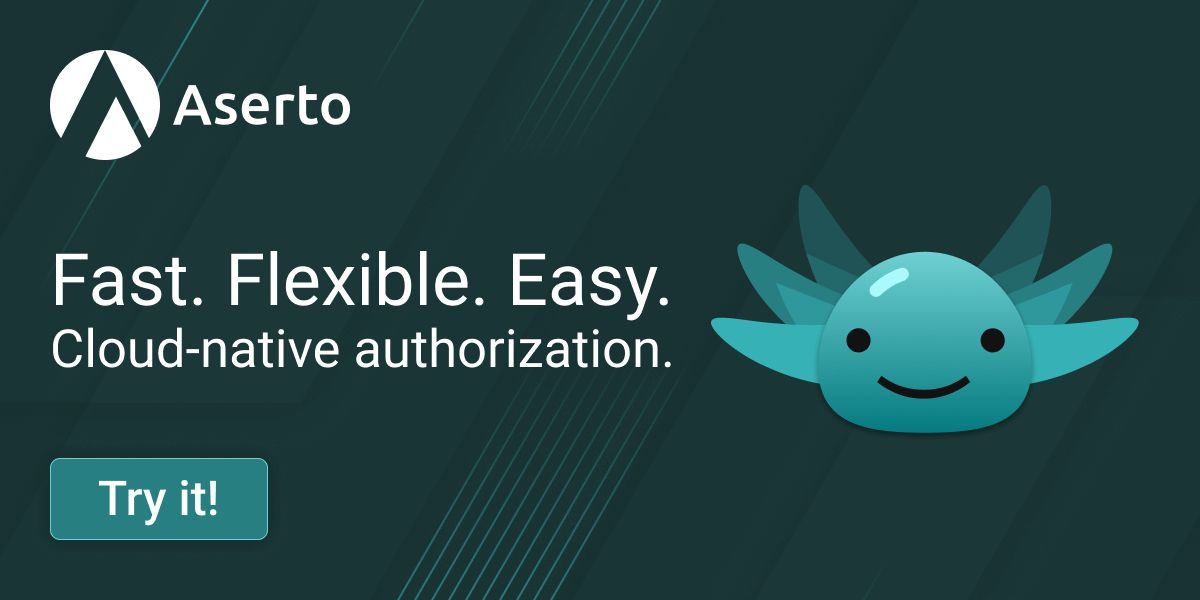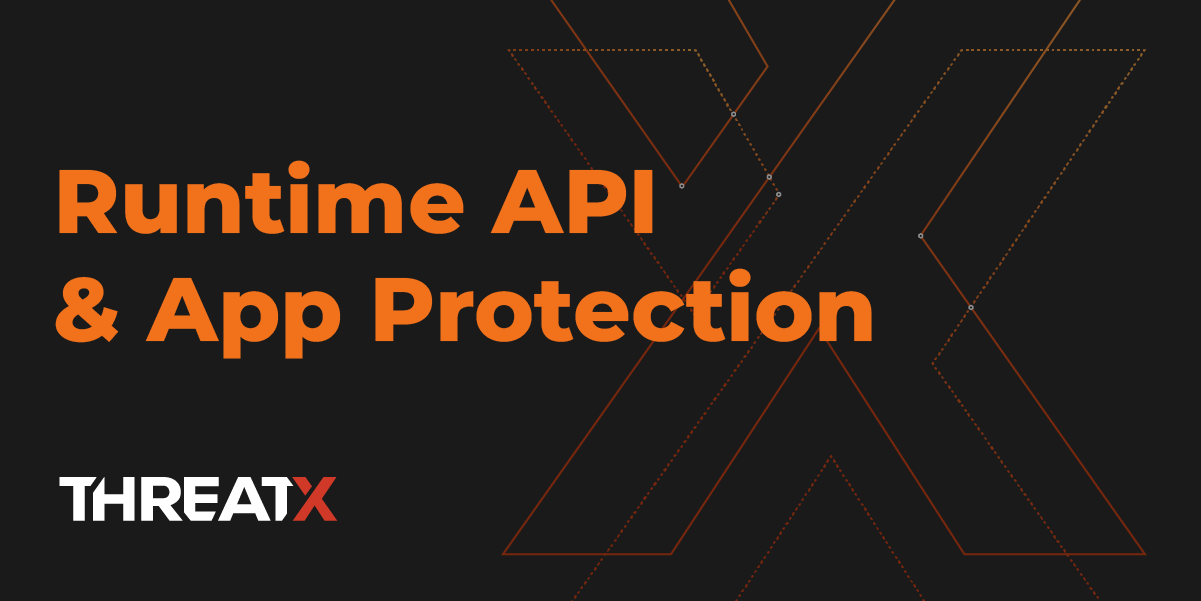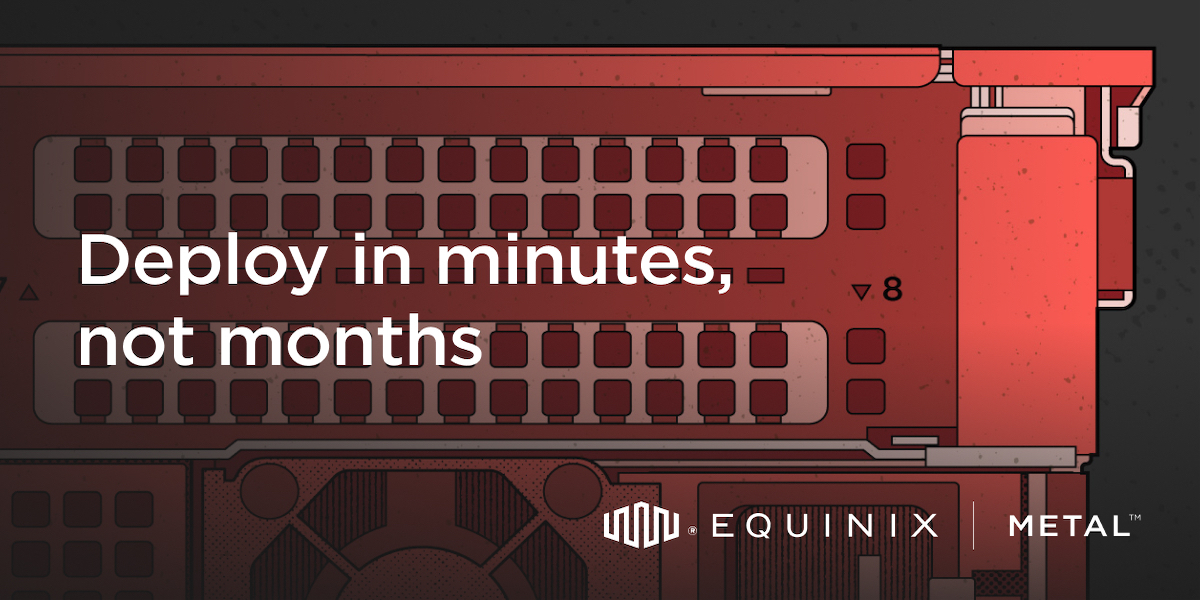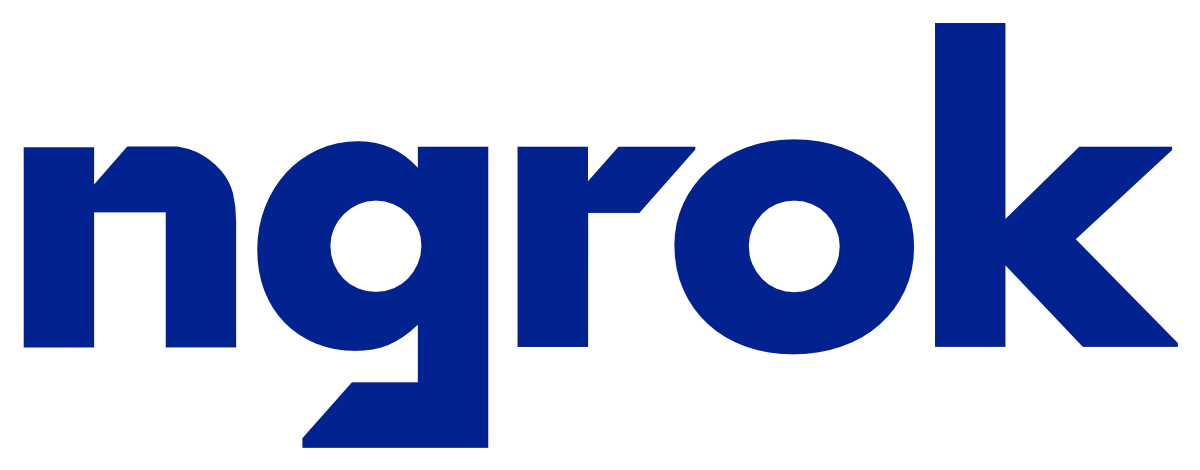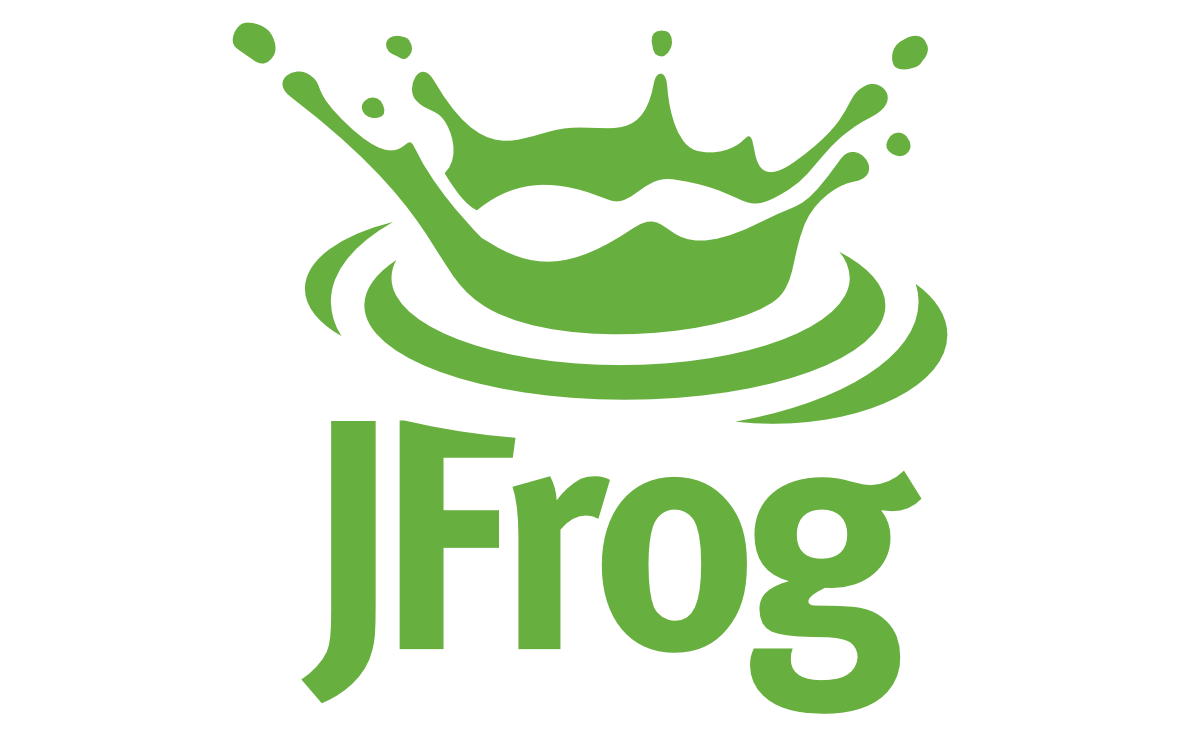VMblog: If you were giving a KubeCon attendee a quick overview of the company, what would you say? How would you describe the company?
Saad Malik: At Spectro Cloud we help enterprises and government organizations get full potential from Kubernetes at scale.
Our product is a management platform called Palette. It enables ops teams to build, deploy and manage the full lifecycle of Kubernetes clusters, helping support application delivery across clouds, data centers and the edge.
With Palette, ops teams have the power to enforce consistent enterprise controls, while unlocking freedom of choice for them and their application owners they serve. We automate the timeconsuming operations tasks that are so painful in complex multicluster Kubernetes environments.
We're really proud of the value we've delivered for many of the world's most demanding businesses. You can check out their stories here.
VMblog: Your company is sponsoring this year's KubeCon + CloudNativeCon event. Can you talk about what that sponsorship looks like?
Malik: We're so excited to be in Chicago, supporting the community again.
Spectro Cloud is the sole Diamond sponsor at Edge Day, the colocated event focused on edge computing, happening Nov 6.
We're also a Silver sponsor of the main event. You can find our stand at O14.
Our customer Super League Gaming will be talking about their experiences with bare metal Kubernetes in an amazing session titled 15,000 Minecraft players vs one Kubernetes cluster. Don't miss it.
VMblog: What do you have planned at your booth this year? What type of things will attendees be able to do at your booth?
Malik: We have some really exciting demos, to start with.
We'll be demoing the easy way to manage bare metal Kubernetes and schedule VM workloads, at our partner Canonical's stand, A2.
Tying in to our Edge Day sponsorship, we'll be showcasing a brand new capability to deliver HA Kubernetes with just two nodes, for massive cost savings.
We have a Rubik's cube speed challenge on the stand, which was a huge hit back in Amsterdam - can the USA win back the trophy?
And we have a prize draw to win a Steam Deck.
Last but not least, we'll also be giving away copies of our new research, the State of Production Kubernetes report, which we're announcing at the show.
VMblog: Have you sponsored KubeCon + CloudNativeCon in the past? If so, what is it about this show that keeps you coming back as a sponsor?
Malik: We have! We've sponsored since back in 2020, not long after Spectro Cloud was founded, and we think of the North America and European events as real milestones in our calendar.
We love KubeCon because It's a great event, really well organized, and a true coming together of the industry and the community. It's an opportunity for us to meet with many of our customers, connect with amazing partners like CDW, Intel and Canonical, and even get to know some fresh talent to join our team!
VMblog: Is your company sponsoring any type of party or get together during the event that you'd like to notify attendees about?
Malik: Absolutely! Along with Intel and CDW we're sponsoring a cocktail evening called Rendezvouz on the Rooftop. You can find all the details here: https://info.spectrocloud.com/kubecon-na-2023
VMblog: What do you attribute to the success and growth of this industry?
Malik: Kubernetes is a powerful tool, but what really turned it into a phenomenon is its extensibility and flexibility, combined with the innovation of the open source community.
There are more projects, more use cases than any individual can possibly keep track of. So that attracts the geek in all of us: we love to tinker, we love to build.
But what makes it sustainable as an industry is how Kubernetes has matured into a core part of the IT landscape, and a complex one at that. It means vendors like us need to exist, along with system integrators, managed service providers, support organizations. And of course it's those commercial organizations that pay to be sponsors and help events like this stay viable.
VMblog: What kind of message will an attendee hear from you this year? What will they take back to help sell their management team and decision makers?
Malik: As Kubernetes adoption grows, we see more and more questions around complexity and managing Kubernetes at scale, without compromising flexibility and choice. That's really the conundrum we're solving.
The kinds of questions and scenarios that we answer include:
How can I deploy, secure and manage Kubernetes at the edge?
What should I do with all my legacy VMs when I go all-in on Kubernetes?
How can I scale, patch, upgrade and otherwise manage my clusters without burning out my team?
How can I maintain consistency and control across multiple clusters and multiple environments?
How do I give my different dev teams access to tailored clusters quickly and safely?
Our core message is that we help you manage your Kubernetes clusters more effectively at scale, across multiple environments, and across the full cluster lifecycle. If you're feeling the pain of patching dozens of clusters, ensuring consistency and repeatability across varied environments, or enforcing your desired state automatically, that's our bread and butter. We can show you automations that will save you hundreds of hours each month while delivering better outcomes.
But there's so much more to say, whether the challenge is around compliance and regulation, edge deployments, bare metal, supporting developers, or reducing costs. We'd much rather have a conversation at the booth and try to solve your problem than just hit you with the elevator pitch!
VMblog: While thinking about your company's solutions, can you give readers a few examples of how your offerings are unique? What are your differentiators? What sets you apart from the competition?
Malik: We have so many "firsts" and "onlys" that it's hard to pick a few examples:
- We have a unique patented decentralized architecture, which means zero performance bottlenecks in larger deployments, much faster parallel patching for multiple clusters, and also that the clusters we deploy and manage are largely autonomous - which is great for resilience or airgapped deployments.
- We take security super seriously. We have FIPS validated cryptography even at the edge, and for every part of the cluster. We have baked in SBOM scans, immutability, granular RBAC and more.
- Our edge computing capabilities solve real-world problems that nobody else touches: like zero-touch device onboarding, which matters when you're deploying thousands of devices, or our 2 node HA which saves you 33% in hardware costs at each site.
- With our Cluster Profiles we enable you to model your perfect full stack of software integrations, from OS to app, even including AI models and engines. You can reuse Profiles and we enforce desired state declaratively across all your clusters.
We've also worked hard to integrate capabilities from the ecosystem that otherwise you'd have to painfully DIY - like vCluster for virtual clusters, Velero for backups, or KubeVirt for VM support - and multiplied the value they offer by enabling you to apply all the core capabilities of Palette to those new elements. It's a much more powerful integrated experience.
But what I think really sets us apart from the competition is that our product really does deliver on what it promises. So many of our customers have switched to us after being burned by another vendor making wild claims, or after feeling neglected and locked in by one of the giant vendors with their opinionated stacks and poor support. Come and talk to us and we can share a few examples that will raise some eyebrows!
VMblog: Where does your company fit within the container, cloud, Kubernetes ecosystem?
Malik: The great thing about the cloud-native ecosystem is that there is so much choice and innovation. Every organization, even every development team, can build the software stack that's right for their use case, their applications.
Our strategy is to help platform teams embrace that choice and innovation while stripping away the complexity. We're not trying to build a walled garden, lock you into our opinionated stack, or replace the best of breed products that you like.
Instead, we've built the Palette platform to help you manage your choices. So that means you can choose whatever OS or distro you like. Whatever integrations, like service mesh or monitoring. And then build and deploy your clusters to different clouds, private data centers, edge locations. We integrate with your CI/CD tools, your IaC tools like Terraform or Crossplane.
And where we've built up our integrated capabilities, we're proud to do that often by incorporating the best of open source technologies: like Velero, Prometheus, vCluster, Kubevirt and Cluster API.
We believe this approach benefits our customers and the cloud-native ecosystem alike.
VMblog: KubeCon + CloudNativeCon is typically a great venue for a company to launch a new product or an update to an existing product. Will your company be announcing anything new? If so, can you give us a sneak preview?
Malik: We've had a really big year for product launches already in 2023. We recently launched our EdgeAI capability, which extends our edge Kubernetes management features to provide control over AI models and engines like Kubeflow. We also announced our 2-node edge HA capability, which we think will be an absolute game-changer for retailers, manufacturers and others that need to deploy HA at the edge but are very sensitive to hardware costs and space.
Earlier in the summer we launched our VMO feature that enables VM workloads to be scheduled on the same cluster as containerized workloads, and our VerteX edition for government, which has FIPS cryptography across every part of the cluster and management plane.
All of those capabilities will be at the show for you to see, of course. But what we're announcing at Kubecon isn't a feature, it's a piece of research: the State of Production Kubernetes 2023. It's our third annual report covering the trends and challenges in the Kubernetes market, and we're really excited about the findings in this edition. It's all about the ‘new frontiers', whether that's developer experience, edge, or app modernization. You can get a copy here: https://info.spectrocloud.com/report-kubernetes-2023
VMblog: With regard to containers and Kubernetes, is there anything holding it back from a wider distribution? If so, what is it? And how do we overcome it?
Malik: There absolutely is: complexity. Kubernetes is inherently complex to learn, of course, but I'm talking here about what happens when you start to adopt Kubernetes in production in an enterprise. It's there that you run into challenges around scaling, security, availability, observability, day 2 operations, across dozens of clusters - which may be in different clouds, running different versions and different software elements integrated into the stack, all of which are interacting with each other.
There's a skills and knowledge gap, but also a capacity gap in operations teams: they're overworked by keeping the lights on, and they need to automate and simplify to get back in the driving seat - but they need to do that without giving up control or compromising the service they provide to their internal customers.
VMblog: Are companies going all in for the cloud? Or do you see a return back to on-premises? Are there roadblocks in place keeping companies from going all cloud?
Malik: One thing that drives our business is the belief that every organization has different needs and use cases. That's why we're so passionate about supporting choice at every level, from environment to OS to integrations in the cluster.
And the same thing is absolutely true in the cloud vs on-prem debate. For some companies, cloud is proving more costly than they anticipate. Others need on-prem for security, or because they need compute in remote locations like the edge. Others are consciously adopting a multicloud strategy for risk mitigation. Still others accept that the cost of the cloud bill is something to optimize, sure, but it's worth it for the convenience and on-demand flexibility that the hyperscalers offer.
Our 2023 State of Production Kubernetes research found that the vast majority of respondents (69%) have Kubernetes in multiple environments. For example, 65% have clusters in virtualized data centers, 56% use AWS, 52% use Azure.
From our perspective then the most important thing is that organizations don't find themselves locked in, and that they minimize the overhead and complexity of running applications in different environments. That's where our Palette platform has definitely added value for our customers.
